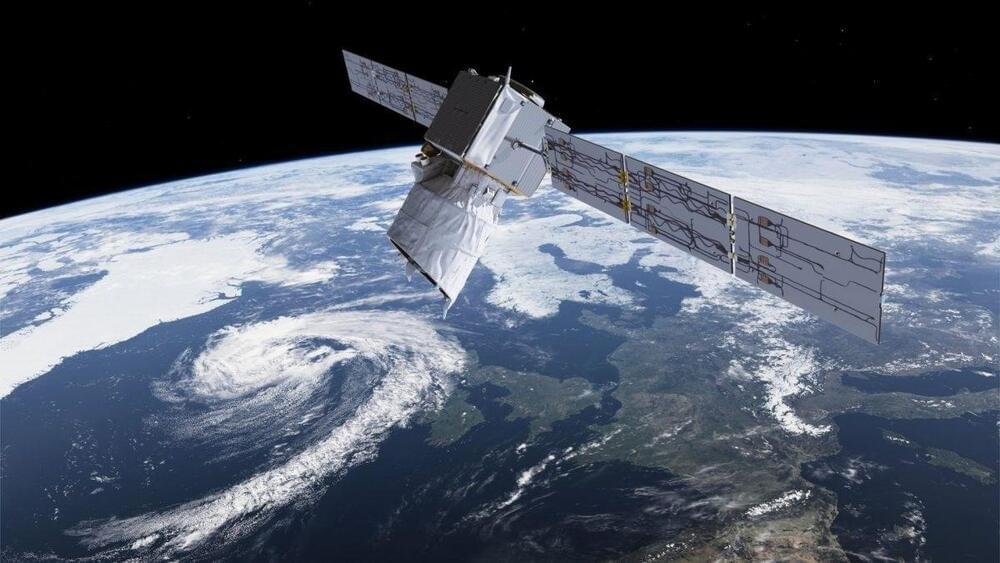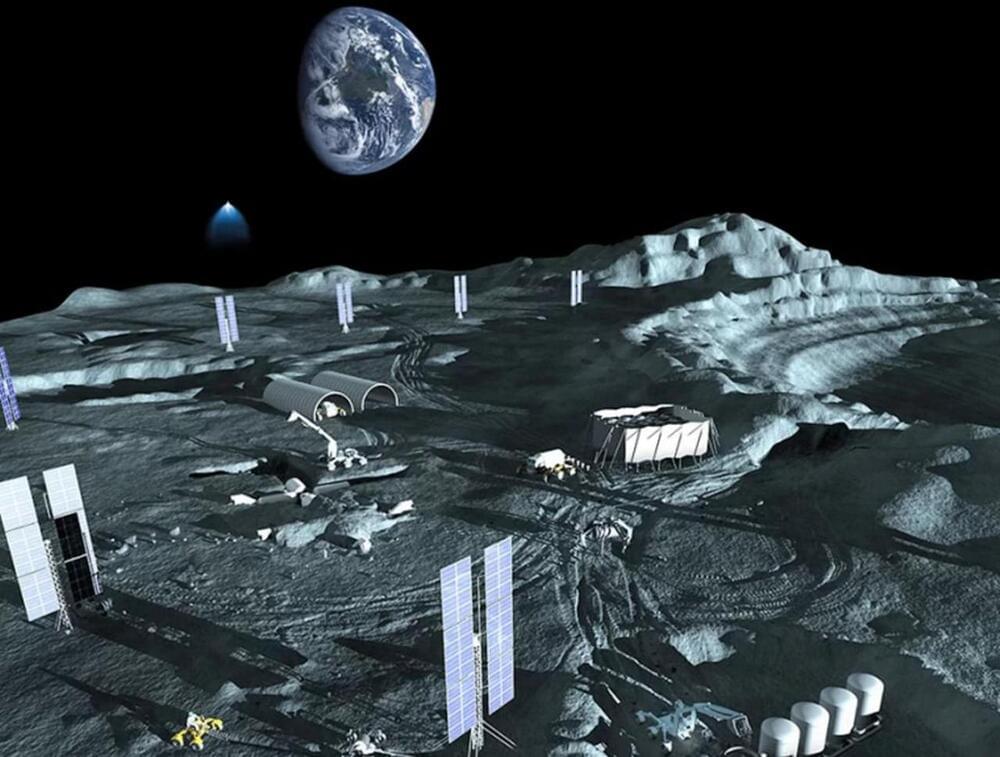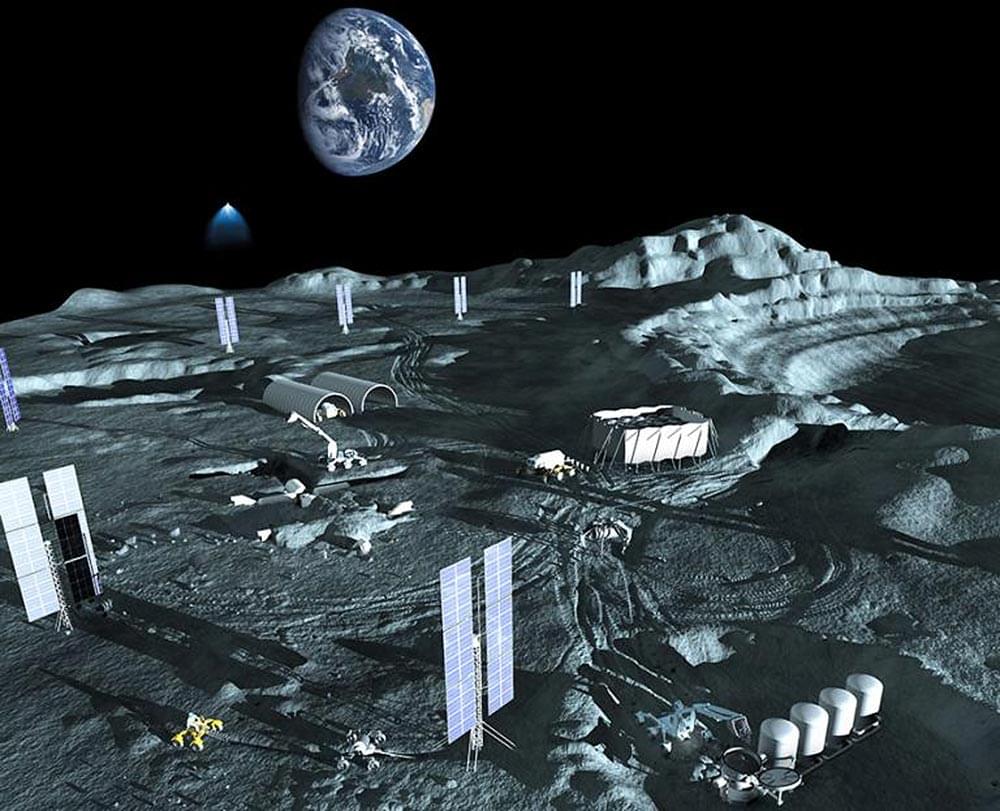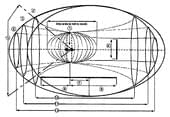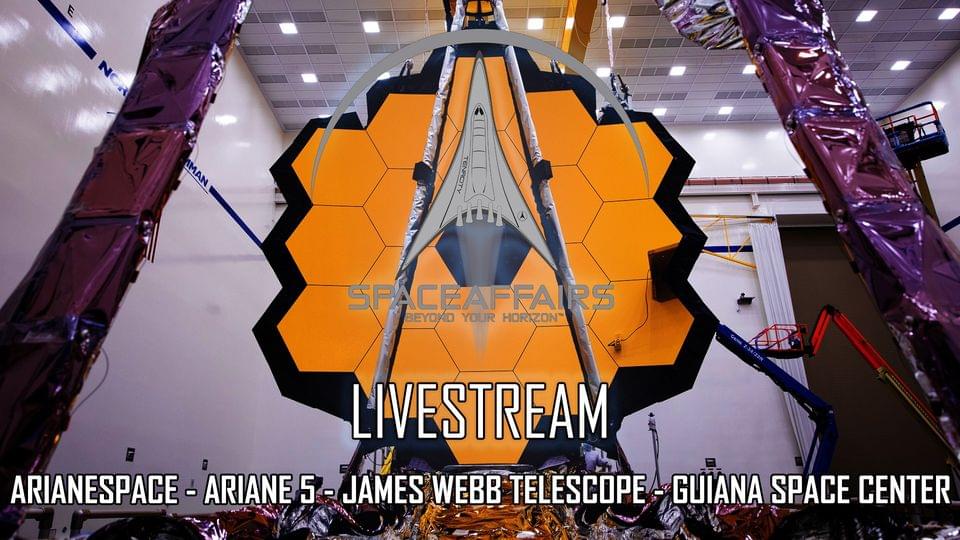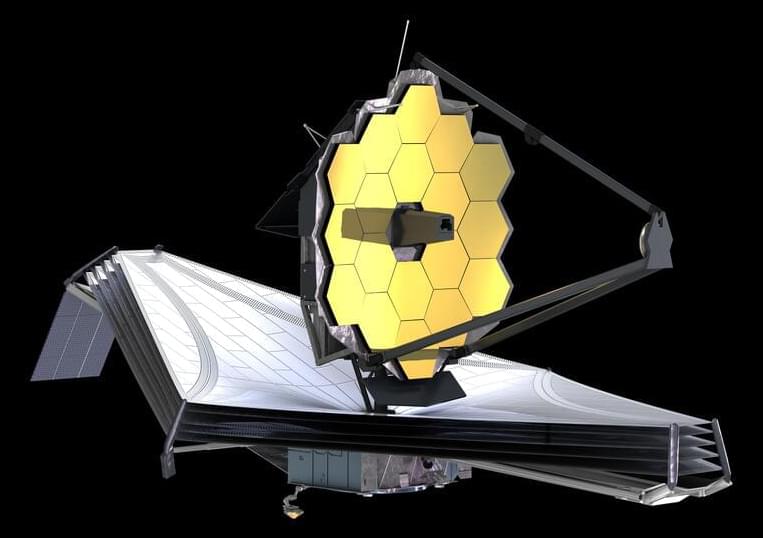Cumrun Vafa is a theoretical physicist at Harvard. Please support this podcast by checking out our sponsors:
- Headspace: https://headspace.com/lex to get free 1 month trial.
- The Jordan Harbinger Show: https://www.youtube.com/thejordanharbingershow.
- Squarespace: https://lexfridman.com/squarespace and use code LEX to get 10% off.
- Allform: https://allform.com/lex to get 20% off.
CORRECTIONS:
- I’m currently hiring folks to help me with editing and image overlays so there may be some errors in overlays (as in this episode) as we build up a team. I ask for your patience.
- At 1 hour 27 minute mark, we overlay an image of Brian Greene. We meant to overlay an image of Michael Green, an early pioneer of string theory: https://bit.ly/michael-green-physicist.
- The image overlay of the heliocentric model is incorrect.
EPISODE LINKS:
Cumrun’s Twitter: https://twitter.com/cumrunv.
Cumrun’s Website: https://www.cumrunvafa.org.
Puzzles to Unravel the Universe (book): https://amzn.to/3BFk5ms.
PODCAST INFO:
Podcast website: https://lexfridman.com/podcast.
Apple Podcasts: https://apple.co/2lwqZIr.
Spotify: https://spoti.fi/2nEwCF8
RSS: https://lexfridman.com/feed/podcast/
Full episodes playlist: https://www.youtube.com/playlist?list=PLrAXtmErZgOdP_8GztsuKi9nrraNbKKp4
Clips playlist: https://www.youtube.com/playlist?list=PLrAXtmErZgOeciFP3CBCIEElOJeitOr41
OUTLINE:
0:00 — Introduction.
1:51 — Difference between math and physics.
4:34 — Evolution of quantum mechanics.
7:52 — Can mathematics lead humanity off track.
8:51 — Beauty in mathematics.
14:10 — Philosophers using symmetry.
20:04 — How can ancient geometry be used to understand reality.
23:16 — Key ideas in the history of physics.
26:09 — Einstein’s special relativity.
29:46 — Physicists building intuition.
37:44 — Best work by Einstein.
39:28 — Quantum mechanics.
49:30 — Quantum gravity.
51:45 — String theory.
1:07:54 — 10th Dimension.
1:14:32 — Skepticism regarding string theory.
1:25:37 — Key figures in string theory.
1:29:56 — String Theory’s Nobel Prize.
1:33:01 — Edward Witten.
1:41:39 — String Theory Landscape & Swamplands.
1:50:29 — Theories of everything.
2:04:55 — Advice for young people.
2:07:57 — Death.
SOCIAL:
